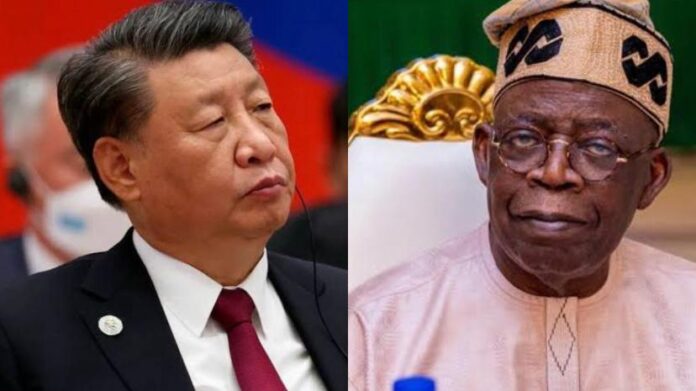A commercial court in London has made a significant ruling in favor of Zhongshan Fucheng Industrial Investment Co. Ltd. The court granted the company final charging orders over two residential properties in the UK that are owned by Nigeria.

Lisa Sullivan, a master at the court, approved these orders despite Nigeria’s earlier objections. According to the Cable, this case has roots dating back to 2010 when Zhongshan Fucheng, through its parent company Zhuhai Zhongfu Industrial Group Co. Ltd, secured rights to develop a free trade zone in Ogun State, Nigeria.
In 2011, Zhongshan Fucheng set up Zhongfu International Investment (NIG) FZE to manage this project with the approval of the Ogun state government. However, in July 2016, Zhongshan accused the Ogun state government of trying to replace them with a new manager for the free trade zone.
In response, Zhongshan Fucheng started an investment treaty arbitration against Nigeria, citing the bilateral investment treaty between China and Nigeria (China-Nigeria BIT). The arbitrators sided with Zhongshan, awarding them around $70 million in compensation.
By January 2022, Zhongshan sought to enforce this arbitration award. Nigeria claimed state immunity, but High Court Judge Sara Cockerill denied this, noting that Nigeria had misused the timeframe for appealing arbitration awards.
By July 2023, the UK Court of Appeal held Nigeria accountable for the $70 million award. Zhongshan had earlier secured interim charging orders on two Nigerian government-owned properties in Liverpool in June and August of the previous year.
Nigeria contended that these properties were immune from seizure because they served consular functions and housed diplomatic staff. Despite these claims, it was revealed that the properties had been rented out, and Nigeria argued the proceeds were not used for commercial purposes.
Master Lisa Sullivan ruled against Nigeria, highlighting that the properties had been leased to residential tenants and had not been used for consular or diplomatic purposes for the past 34 years. She also noted the poor condition of one property as evidence of its non-diplomatic use.
Representing Nigeria, Timi Balogun expressed disagreement with the decision, citing the complexity of international law issues. He indicated that Nigeria plans to appeal to higher courts to get a more thorough review of state immunity and diplomatic property rights.




